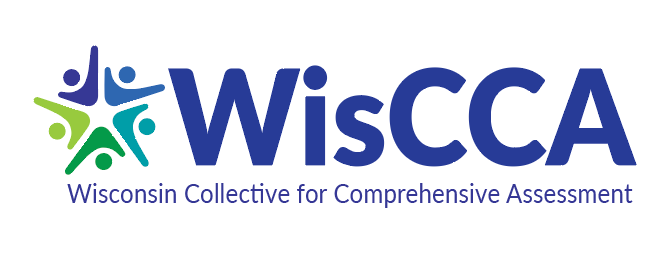Supports for Educating Students with IEPs: Investing our Discretionary Dollars
In order to support the education of students with IEPs and help close gaps for each and every student, the Department of Public Instruction uses federal funding to develop a variety of projects, tools, and resources. These projects, tools, and resources are available at low or no cost for districts and are designed to meet the unique needs of the state’s youngest learners through their transition to adulthood. Watch the video below for more information about these available supports.
Your district can connect with CESA-based staff to find the supports that fit best. The Technical Assistance Network for Improvement (TA Network) is a great place to start as they offer general support around continuous improvement, evidence-based improvement strategies and equitable, multi-level system of supports.
In addition to the TA Network, each grant project offers tools and resources educators and stakeholders can use to support students across all age bands. To find out more, access the Key Resources and Tools:
Learn More about Statewide Projects that Support Educating Students with IEPs

The Disproportionality Technical Assistance Network (The Network) works with preK-12 educators, schools, districts, and other community partners to reduce racial disproportionally in special education through a multi-tiered system of free and low-cost compliance activities and improvement supports.

The Early Childhood Program Support and Leadership grant, along with the Early Childhood Statewide Coordinators focus on inclusion and child outcomes.

For Wisconsin schools and districts, implementing an equitable multi-level system of supports (EMLSS) means providing equitable services, practices, and resources to every learner based upon responsiveness to effective instruction and intervention, including services for students with IEPs and students of color. In an EMLSS, high quality instruction, strategic use of data, and collaboration interact within a continuum of supports to facilitate learner success. Schools provide varying types of supports at differing levels of intensity to proactively and responsively adjust to the needs of the whole child. These include the knowledge, skills, and habits learners need for success beyond high school, including developmental, academic, behavioral, social and emotional skills.
The EMLSS Project provides low- or no-cost CESA-based professional learning, coaching, and technical assistance for schools and districts related to Wisconsin’s Framework for Equitable Multi-Level Systems of Support (EMLSS), including:
- Learning about key features of a framework for an EMLSS
- EMLSS for behavior (through Positive Behavior Supports and Interventions or PBIS)
- High-quality instruction in reading and math (to be piloted in 2023 – 2024)
- Culturally responsive practices (to be piloted in 2023 – 2024)
Use this link to contact the coach or coaches at your local CESA.
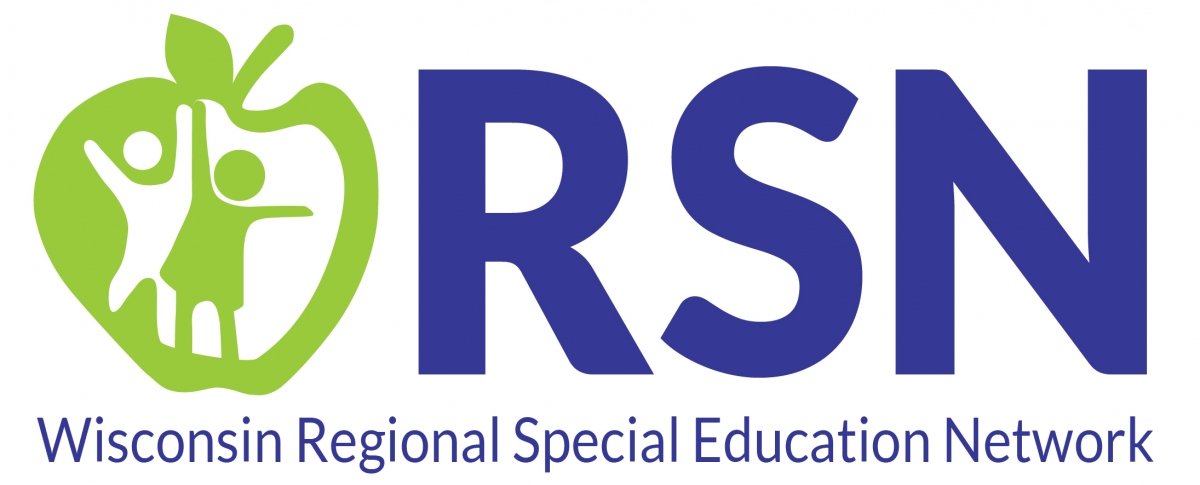
The Regional Special Education Network (RSN) provides support to Wisconsin school districts to assist with the advancement of academic achievement and social and emotional competencies of students with disabilities.
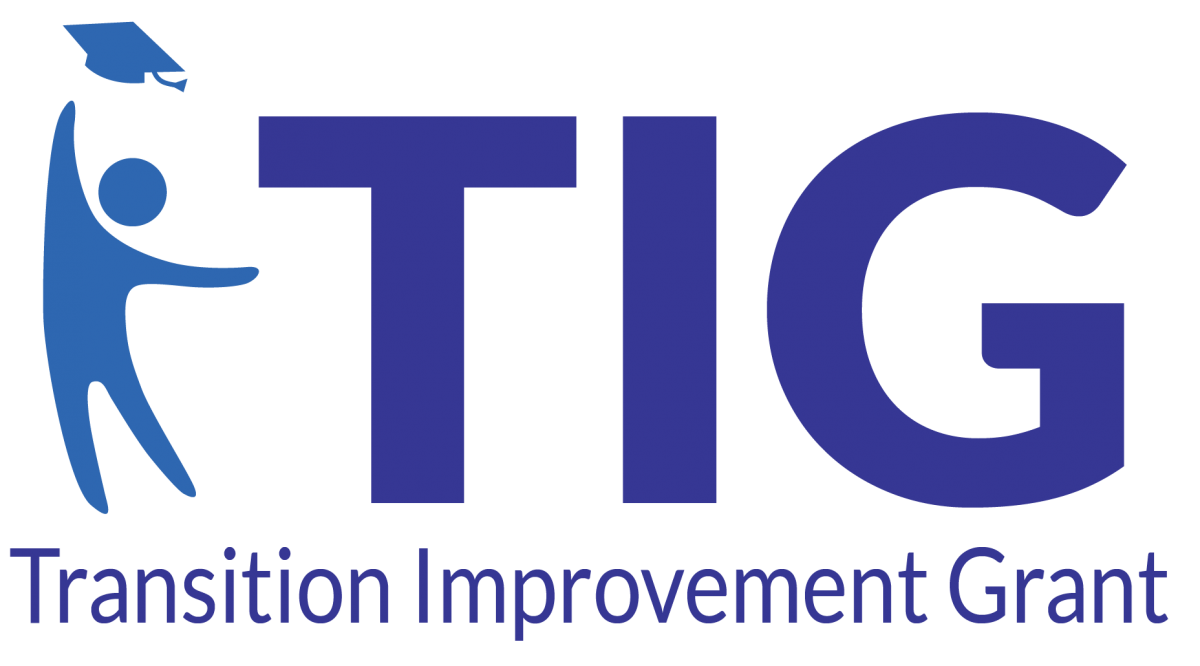
The Transition Improvement Grant (TIG) is designed to strengthen and accelerate the transition process in our Wisconsin schools to improve the quality of postsecondary transition plans, increase high school graduation rates, encourage outside agency connections and develop strong career and college readiness among our students with disabilities.
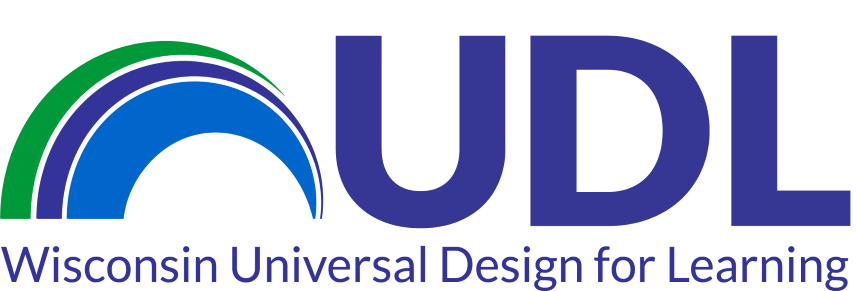
The Wisconsin Department of Public Instruction has created a systems-change initiative to support Universal Design for Learning (UDL) as a means to improve student outcomes. Since 2014, all 12 CESAs and partner schools have created a community of practice to expand, advance, and amplify UDL in Wisconsin through a start-up and scaling up grant.
The Wisconsin Special Educators Induction Program
The Wisconsin Special Educators Induction Program, funded through an IDEA Discretionary Grant, provides resources and support in offering induction program opportunities for new special educators to Cooperative Education Service Agencies (CESAs) around the state. By using a three-prong approach involving “just in time” professional learning, coaching sessions, and support networking opportunities, the DPI aims to support first- or second-year special educators and special educators holding a license with stipulations.
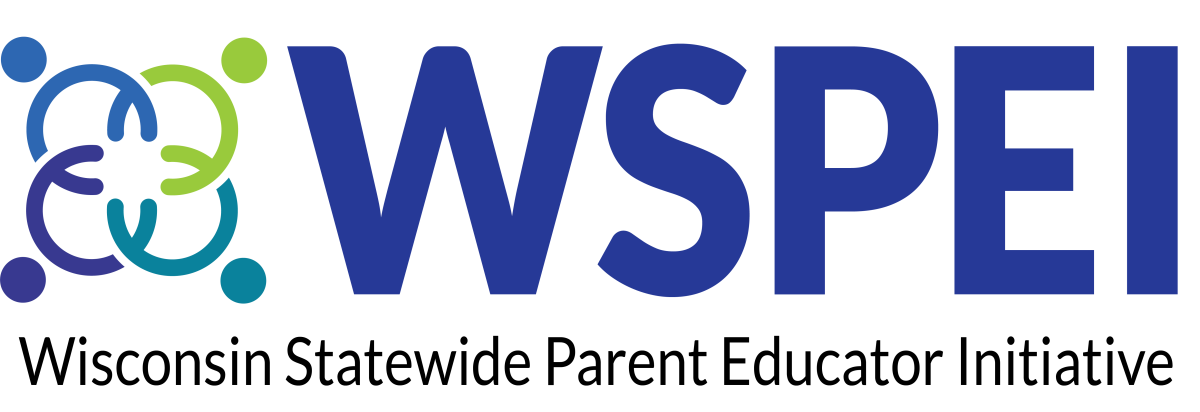
Wisconsin Statewide Parent Educator Initiative (WSPEI) is all about partnerships. It helps families and school districts build positive working relationships that lead to shared decision making and children's learning.
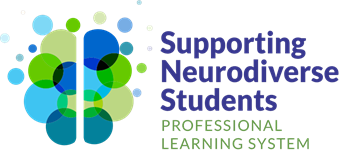
The Supporting Neurodiverse Students Professional Learning System provides training, coaching, and technical assistance to increase IEP team members and school staff’s knowledge and skills to meet the unique needs of neurodiverse students.
